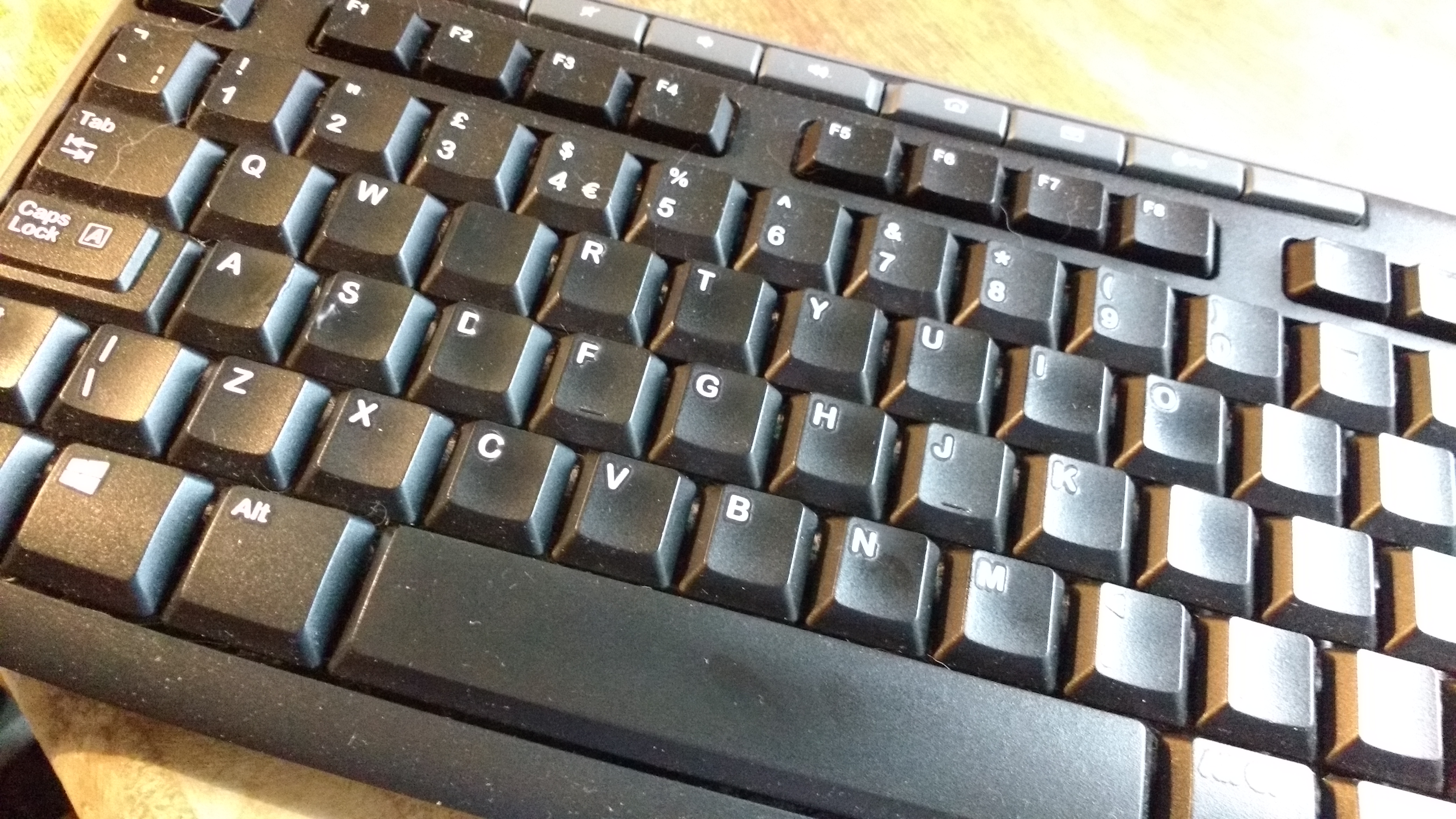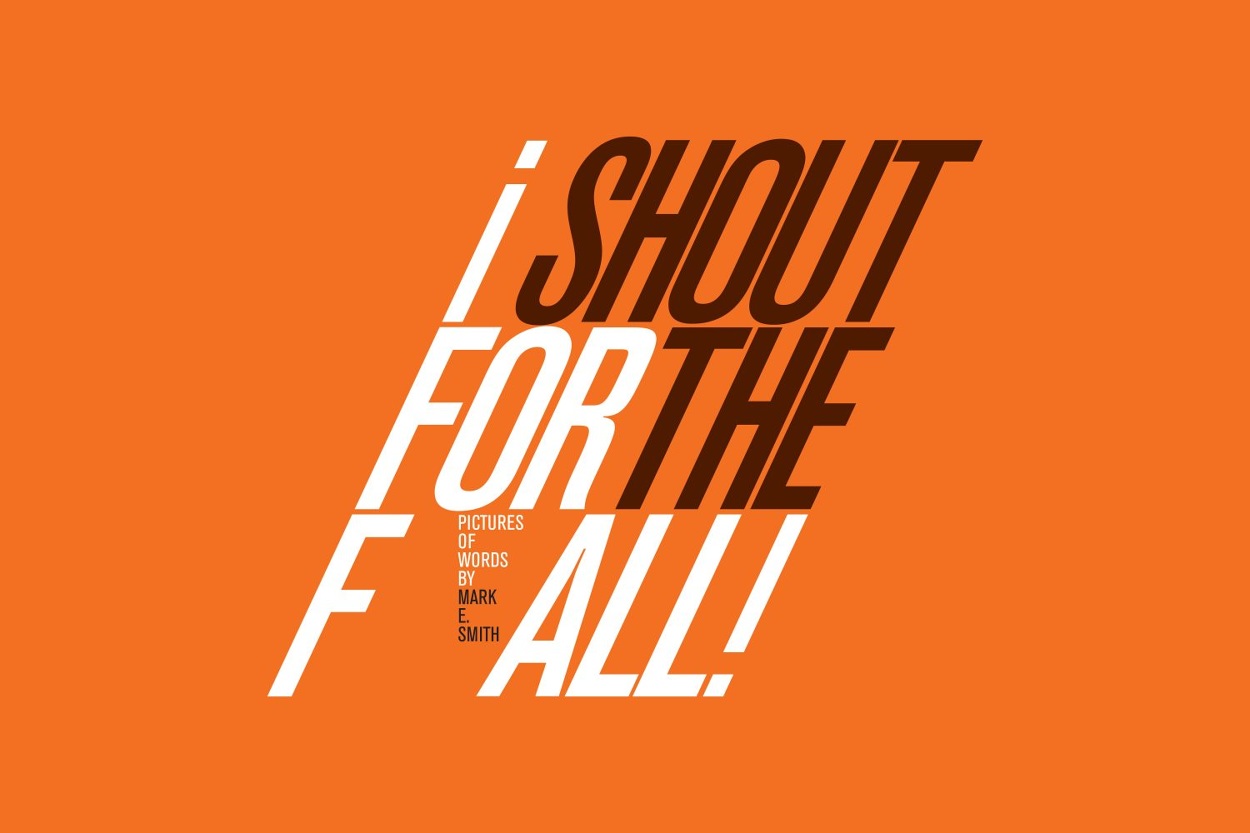My relationship with dating apps is complicated. While they are convenient tools for busy folk (and, let’s face it, flirting while you’re binge-watching Netflix in your pjs is the stuff of dreams), I’ve been single for some time. I use apps but I also go through phases of loathing their existence and deleting them, only to re-download months later.
I don’t hate internet dating. In the early days of singledom it was a laugh and a great way to meet new people. More recently, I’ve had a great date but I’ve also had mediocre dates and those that have made me thankful for my single status. I’m not scared to fly solo – I often embrace it – but I’m worried that I’m becoming a relationship cynic and I wonder if it’s the fault of those pesky apps? Not the companies, they’re just providing a service, but the way we utilise this technology.
Dating apps afford the opportunity to figure out what the hell it is we want from a potential beau and, often, what we don’t want. They’re a way for people, especially women, to explore a greater sexual and romantic freedom. I reckon their use has helped us to foster greater resilience and improved our ability to shrug off rejection. A survey carried out by Forbes suggests that the use of online dating apps has caused ‘stronger, more diverse marriages’.
I’m from a generation that remembers the stigma attached to searching for love on t’interweb when, during the early suspicious days of dial-up modems, it appeared entirely alien, unsafe and, well, a bit sad. But I get irritated when people assume that those who use dating apps, again particularly women, are ‘desperate’ or on an endless quest for love.
In a recent column for Grazia, author and writer Poorna Bell called for people to “stop with the pity fest” aimed at single 30-something women. She wrote: “Dating can be a grind, and love can be harder to find the older you get, but I don’t use dating apps out of desperation, and I don’t want to be pitied because I do use them.”
Why does dating have to immediately lead to love? Why can’t it simply be fun? Not all of us are consciously looking for, or even want, a relationship to mark our happy ever after – but what we do want is respect.
So, why am I conflicted? I suppose my reluctance could be put down to bad experience. After all, it’s easy to blame a tangible thing rather than it simply being a case of not working out.
At almost 33, I’m single in a world where online dating is not only a thriving industry but the way most people choose to date. While I’ve never come across stigma for using dating apps (most of my single friends, both men and women, use them), the assumption is that, by using an app, you’re only after casual dating rather than anything with more longevity. So it follows that bad behaviour is often dismissed as ‘well, what did you expect?’ Why can’t I exist in the middle? The part where I don’t know what I want, or I’m not actively searching, but I am open to something if it comes my way?
There seem to be all these rules when it comes to romance in the digital age. It’s fast food ‘love’ – it doesn’t happen organically, and it usually doesn’t look like its picture. I’ve lost count of conversations I’ve had with friends about various bonkers dates – or great ones that have ended abruptly or in radio silence and left us feeling, well, a little bewildered. Is this just dating in general?
I don’t know about you lot but I get excited about genuine connection (as, let’s face it, that’s the holy grail) and deflated when it doesn’t work (which always prompts the app deleting). I’m baffled by the ‘grass is greener’ mentality and, although I do believe there are plenty more fish in the sea, I’m just not that into fishing. But what about everyone else? When I took the question to Twitter, many people were similarly conflicted.
On Twitter user replied: “I think they’re as messy and awful and lovely and ridiculous as humans are. I feel they bring the best hopes and worst behaviours out in all of us.”
So, owing to the accessibility of apps, is it simply a case of dating being amplified? Like regular dating but on steroids?
 Another user said: “On the time issue, I am not so sure they are that convenient. I found these sites become worryingly addictive. I’d be like ‘who will come up if I extend my search radius?’ Also, etiquette is harsher in this wold (ghosting is expected).”
Another user said: “On the time issue, I am not so sure they are that convenient. I found these sites become worryingly addictive. I’d be like ‘who will come up if I extend my search radius?’ Also, etiquette is harsher in this wold (ghosting is expected).”
Here’s the thing: for all the positive points about dating apps, and other forms of technology used for communication, they are undeniably a vessel for bad behaviour and misinterpretation. Ghosting, orbiting, breadcrumming – all these ridiculous names that people attach to shitty conduct – plus serious issues like harassment are becoming commonplace and, because it is routine, we simply accept it as part and parcel of dating culture.
But perhaps it’s always been that way and we just weren’t aware of it pre-internet? Maybe dating apps are the perfect way to weed out timewasters or those who aren’t right for us because this bad behaviour is so glaringly obvious? One thing is certain, in a world that claims to be more connected than ever, we’re becoming increasingly detached. Sure, we can talk to someone on the other side of the world at any time of day or night, but we’ve forgotten how to treat the person sitting in front of us.
There are even those who adopt a business-like approach to dating and view a potential date like an interview, using a mental checklist to ensure their potential suitor ticks all the right boxes (I once went on a date with a guy who literally said ‘check’ every time I inadvertently revealed something about myself that he seemed to like). There are lucrative dating websites that promise you will meet The One by using their vetted sites (after paying through the nose for the privilege) and even photographers who will take professional, airbrushed images for your dating app accounts.
Love, it seems, is a serious business.
So, what’s the answer? I don’t think there is one. These apps are rising in popularity for several reasons – convenience, boredom, ease, freedom, fun – and I don’t think they are necessarily a bad thing. I do, however, believe that we should address our approach to them – just like any form of social media or technology – because the endless swiping could quite easily end up becoming a bad habit.











